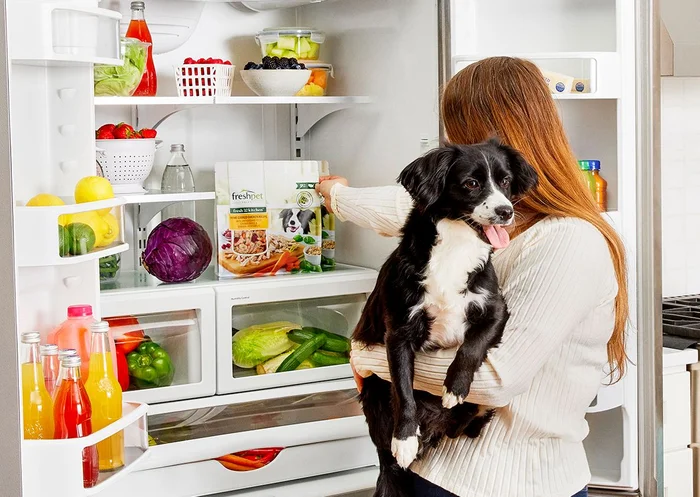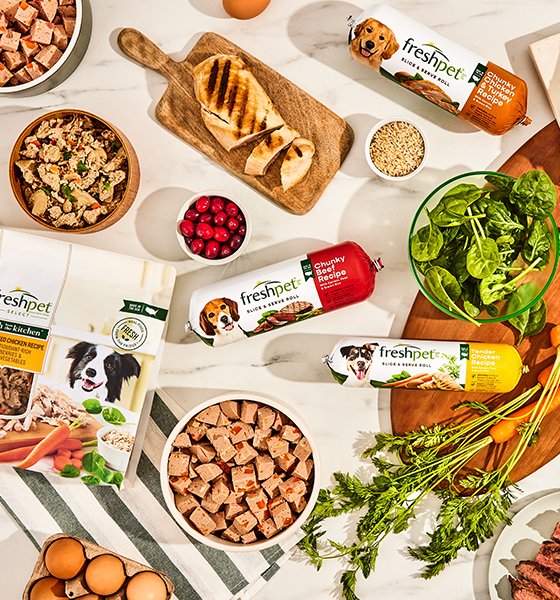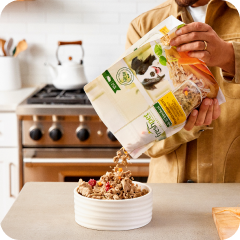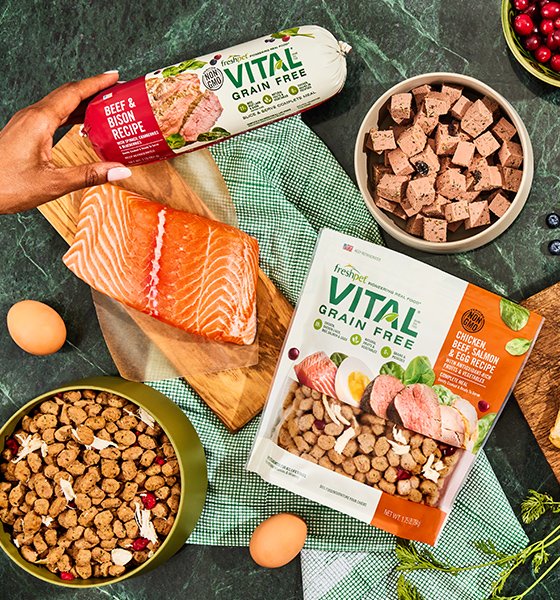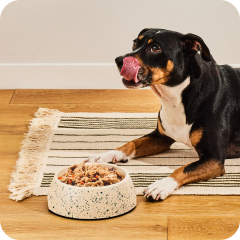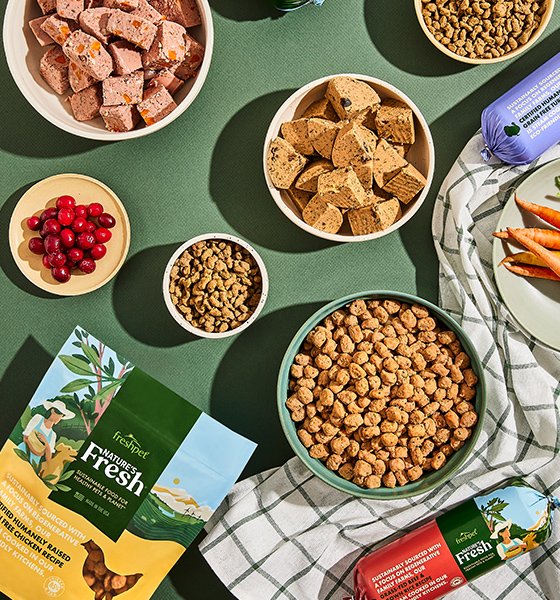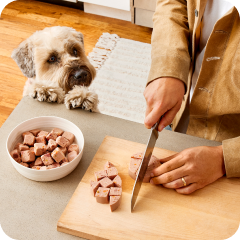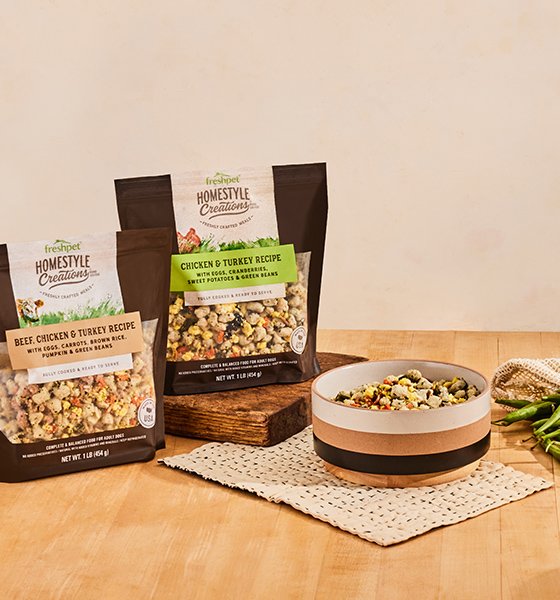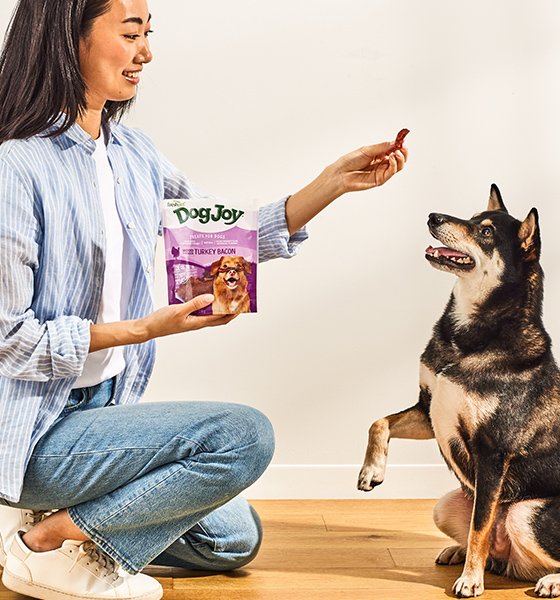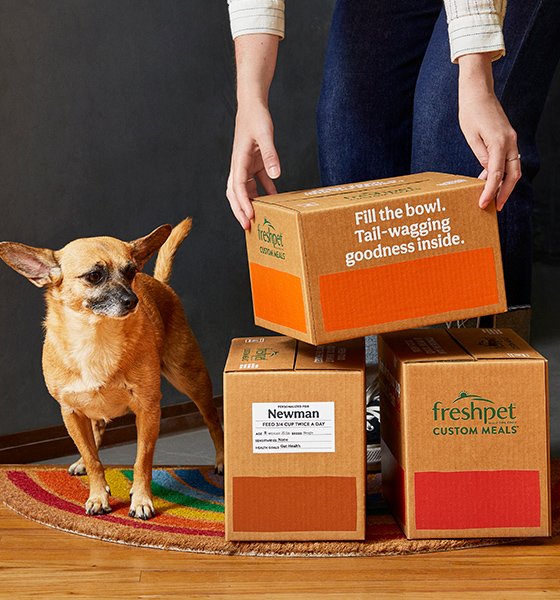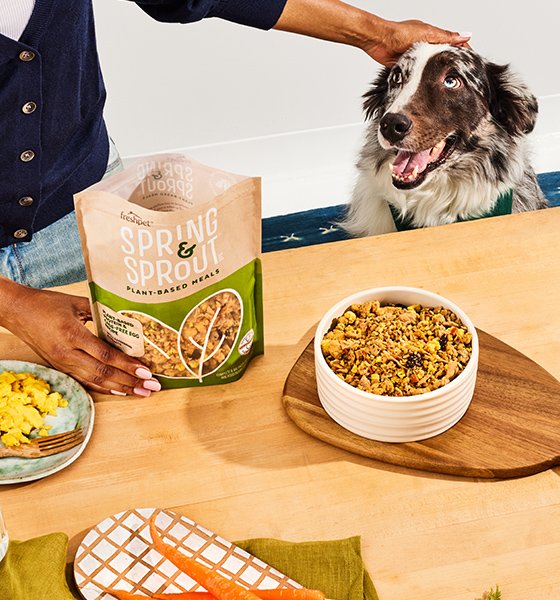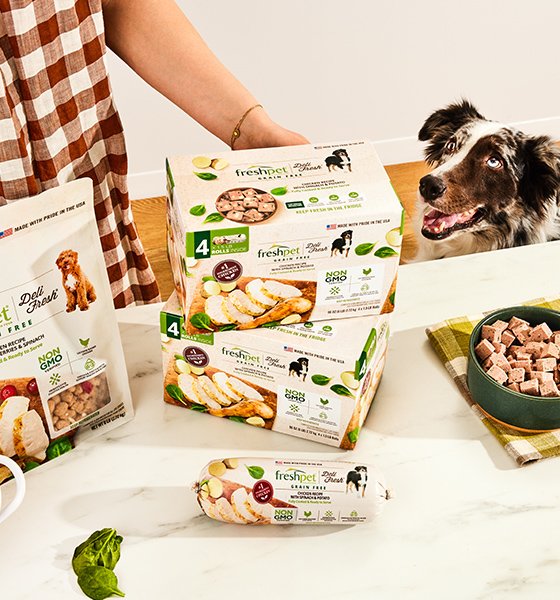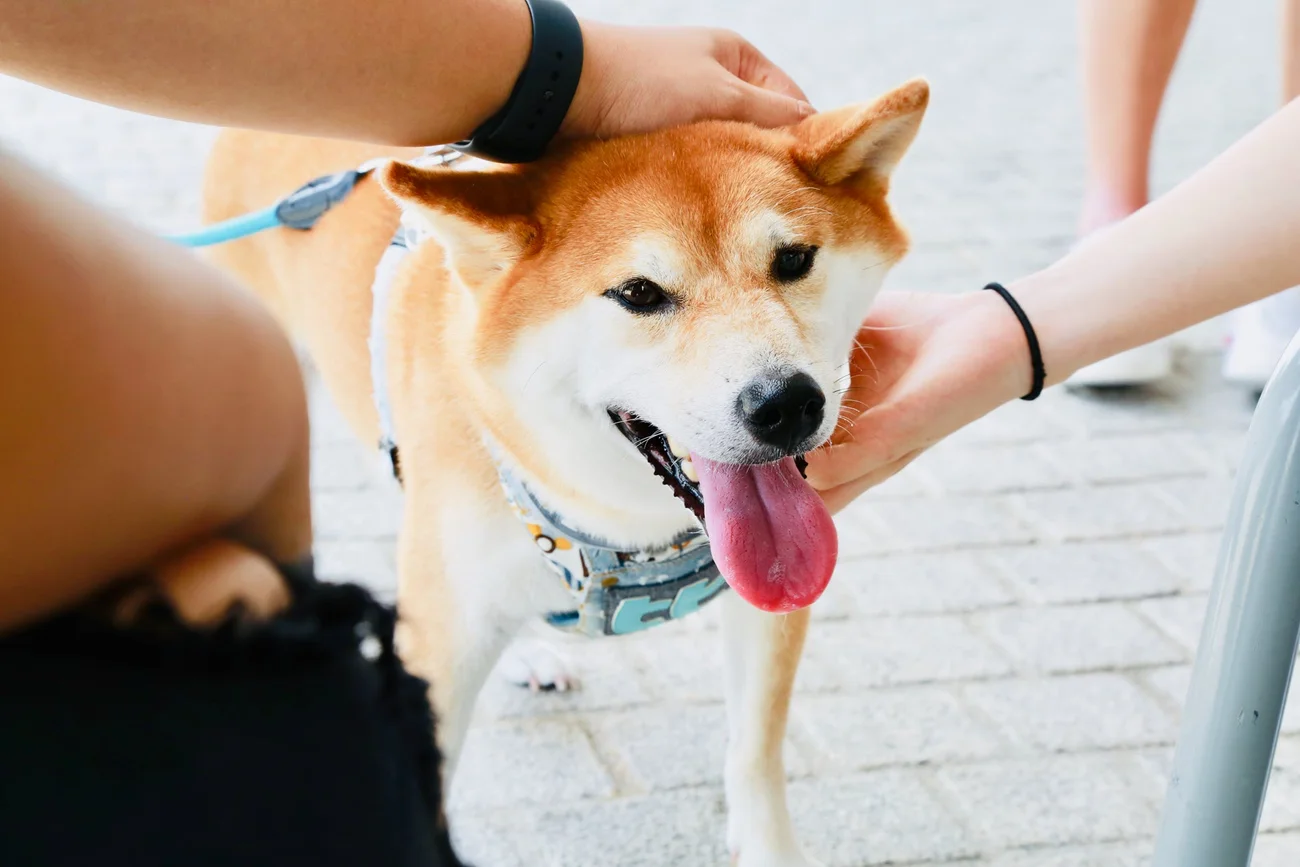popular searches
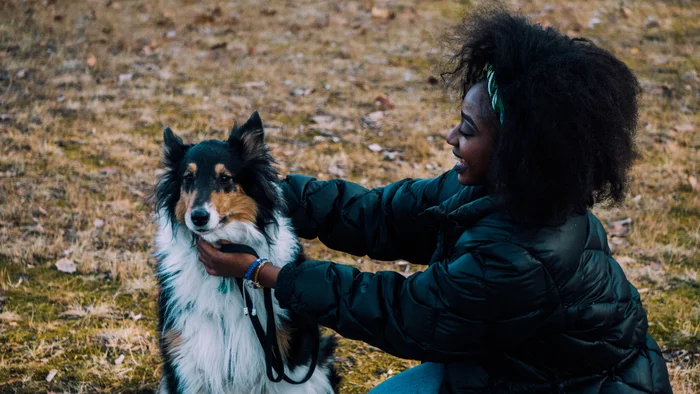
A Guide On The Best Spots to Pet Your Dog or Cat
written by Ellie Walker
Petting is a great way to show affection and bond with your four-legged friend, however, not all animals enjoy being petted in the same way. Understanding where to pet your dog or cat can make a significant difference in their comfort and happiness. To learn more about where – or where not – to pet your furry friends, take a look at our guide on the best spots to pet a dog or cat!
Best spots to pet a dog
Every dog is unique, so what feels nice to one dog may not necessarily be enjoyable for another. The good news is that there are some general areas where most dogs welcome a good pet.
- Back and shoulders: One of the best spots to pet your dog is starting between their shoulders and moving down their back until the space just above the base of their tail. Some dogs may appreciate a firmer touch or gentle scratching in this area.
- Head and ears: Most dogs enjoy gentle petting on the top of their head, behind their ears, and along the sides of their face. Just be sure to use slow, gentle strokes and avoid pulling or tugging their ears.
- Neck and chest: Petting the neck and chest area is generally well-received by dogs, especially when you combine it with gentle scratching. If you notice your dog leaning into you, that’s a sure sign they’re feeling content.
- Belly: Dogs that enjoy having their belly rubbed tend to enjoy it a lot! Dogs that fall into this category are usually quick to roll over and expose their bellies as an invitation for belly rubs. Not all dogs enjoy having their bellies touched, however, so it's important to be mindful of their body language.
Now that we have a better idea about the best spot to pet a dog, let’s discuss areas that are best to avoid.
- Tail: Some dogs may be uncomfortable with having their tail touched, especially if they have had previous tail injuries or if they naturally have a more sensitive tail.
- Paws: Dogs have sensitive nerve endings in their paws, so they may not enjoy having them handled as much as other parts of their body. They also rely heavily on their paws for balance and mobility, so having their paws touched may feel intrusive or even threatening. However, dogs need to get used to having their paws handled occasionally for nail trims, so it can be helpful to get them used to the feeling by rewarding them with their favorite Freshpet treats or recipe. You can take a look at our guide for trimming their nails for more tips like this.
If your dog isn’t comfortable being petted in a specific area, they will let you know through a combination of body language and vocalizations. You may notice your dog exhibiting tense body posture, leaning away from the pet, or evening trying to move away completely. This body language may be accompanied by whining or even growling if the petting doesn’t stop.
Best spots to pet a cat
Similar to their canine counterparts, not every cat enjoys being petted in the same areas, but there are spots where pets are generally well received.
- Head and chin: Cats generally enjoy being petted on their head and under their chin. Use slow, gentle strokes, and avoid petting their heads too vigorously. Pay attention to their body language – if they lean into your hand this is a sure sign they’re enjoying the attention.
- Behind the ears: Cats often have sensitive areas behind their ears that they enjoy having petted – although sometimes only for a short period of time. Try gently scratching or petting this area, but if you notice them tilt their head or use their paw to move your hand, they may be feeling overstimulated.
- Neck and shoulders: Cats appreciate gentle strokes along the neck and shoulders. Start from the base of the neck and move towards the shoulders in a smooth, slow manner.
- Back and base of tail: Most cats enjoy being petted along their back and especially at the base of their tail. If your cat starts raising their bottom as you pet them, this means that they’re really enjoying it!
Once you have a good understanding of the best spots to pet your cat, take a moment to learn which areas they prefer to have left alone.
- Belly: While some cats will accept belly pets from someone they trust, this is a vulnerable area for them and they may instinctively react by biting or scratching. Generally speaking, it's best to avoid petting a cat's belly unless you know for sure that they enjoy it and are showing clear signs of comfort.
- Paws: Similarly to dogs, cats have very sensitive paws and usually don’t appreciate having them handled.
If a cat doesn’t feel like their boundaries are being respected, they will first give you subtle signs such as flattening their ears and flicking their tail. If the petting continues, they may begin growling or hissing paired with an accompanying swat or bite.
We hope that this guide has given you a better idea about the best spot to pet your dog or cat. Understanding the areas where your furbaby most enjoys being petted is essential to provide them with the affection they crave. Petting should help foster a bond with your fur baby, so remember to approach each interaction with gentleness, attentiveness, and love.
